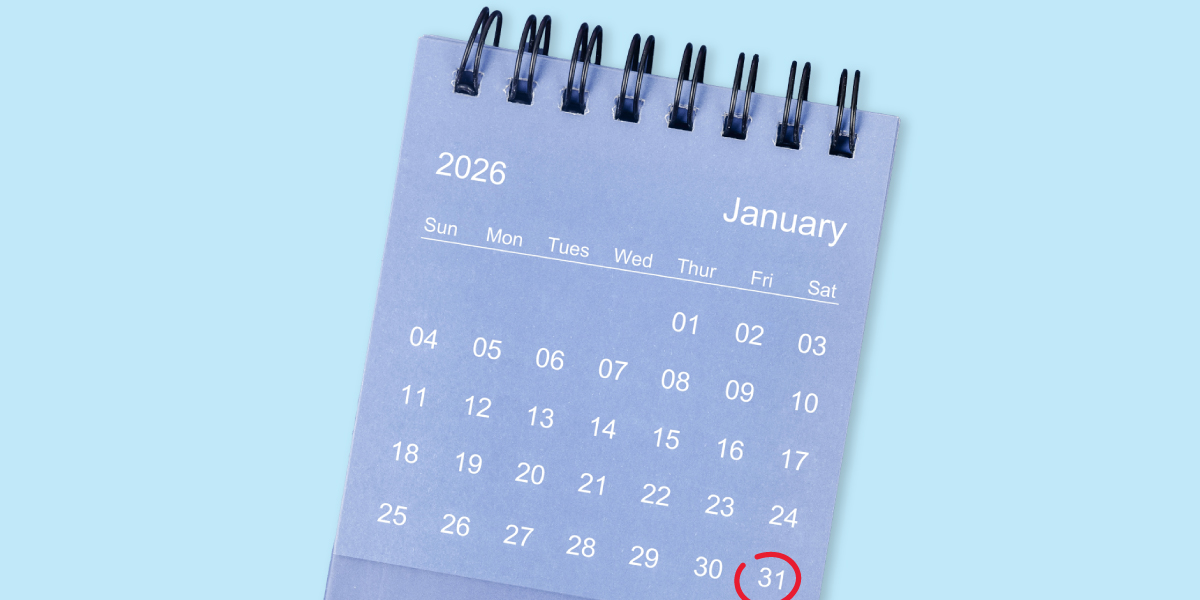
MEMBER EXCLUSIVE
Members can use GoSimpleTax to file to HMRC at a great price and avoid costly accountant fees.
Get startedBy clicking a retailer link you consent to third-party cookies that track your onward journey. This enables W? to receive an affiliate commission if you make a purchase, which supports our mission to be the UK's consumer champion.

Nearly 300,000 people filed their tax returns in the first week of the new financial year, beating the deadline by almost 10 months.
New HMRC figures show 299,419 self-assessment tax returns for 2024-25 were submitted between 6 April and 12 April 2025 – a slight increase on last year’s early total of 295,250.
However, fewer taxpayers filed on the very first day of the tax year: 57,815 returns were submitted on 6 April, down from 67,870 in 2024.
If you haven’t filed yet, there are good reasons to get ahead. We explain five key benefits of submitting your return early.

Members can use GoSimpleTax to file to HMRC at a great price and avoid costly accountant fees.
Get startedSome people only find out how much tax they owe after completing their return.
If you file early, you'll have several months to make plans to pay off the bill, which doesn't need to be done until 31 January 2026. If you wait until the last minute, you may find you can't pay the full amount owed, and could face a fine.
If you're self-employed and pre-pay your tax by payments on account, any refunds you're owed by HMRC won’t be processed until it receives your tax return. By filing several months in advance, when the tax office is likely to be quieter, you might find you'll receive rebates quicker.
Finally, if this is your first time filing a tax return, the process can take longer than usual as you’ll first need to register with HMRC.
It will post you a Unique Taxpayer Reference (UTR) number and a separate access code to use its online services; only then can you file your tax return. This process can take a couple of weeks, or even longer during peak times in January. To avoid the risk of missing the deadline, getting this done early will save you stress and a potential fine.
Whether it's your first, fifth or fifteenth tax return, there are several deadlines to watch out for, and starting the self-assessment process early means there's less risk of missing them.
Here's a quick rundown of the key dates to add to your diary:
HMRC takes a dim view of tardy taxpayers, and this year it's imposing heavier penalties for customers who don't file and pay on time.
An estimated 1.1 million people filing 2023-24 tax returns missed the deadline of 31 January 2025, according to HMRC. They would have faced hefty fines as a result.
HMRC will issue you with an initial £100 penalty if you fail to file before the final online returns deadline of 31 January. Even if you're only a day late. Other charges are as follows:
You may also be charged interest from the date the payment was due.
As of 6 April 2025, interest rates for late payments are now set at the Bank of England base rate plus 4% – up from base rate plus 2.5% last year.
With the base rate currently at 4.25%, any money you owe the taxman will now rack up interest at a rate of 8.25%.
The longer you leave it, the higher the fine and the interest incurred.
As well as interest charges, you can also face the following penalties for late payments:
Giving yourself more time means you’re less likely to have to rush your tax return, which can lead to careless mistakes.
You should double or triple-check all of the information to correct any errors before submitting to HMRC. This means you'll also have plenty of time to source extra paperwork, if you need to.
HMRC can also impose fines for errors, with penalties based on the amount of tax you owe and the kind of error HMRC deems you to have made. For example, it could rule that you've simply made a careless mistake or judge the error as a deliberate attempt to hide something.

Make every penny count with expert, impartial advice for just £49 a year – plus, get a £10 M&S voucher.
Join Which? MoneyJoin by midnight on 15 February 2026 and receive a £10 M&S gift card.
If you're finding any part of the process difficult or need to ask a question about self-assessment, you can call HMRC on 0300 200 3310. Now is the ideal time to pick up the phone and ask for help. Calling later in the year and just before the deadline in January could mean you're hanging on the phone for a lot longer.
If you owe less than £30,000, you may be able to sign up for a payment plan. This allows you to pay in smaller instalments, but you’ll still be charged interest.
To set up a payment plan online yourself, you'll need to be within 60 days of the 31 January payment deadline and not have any other payment plans or debts with HMRC. For other circumstances, call the Payment Support Service on 0300 200 3835.